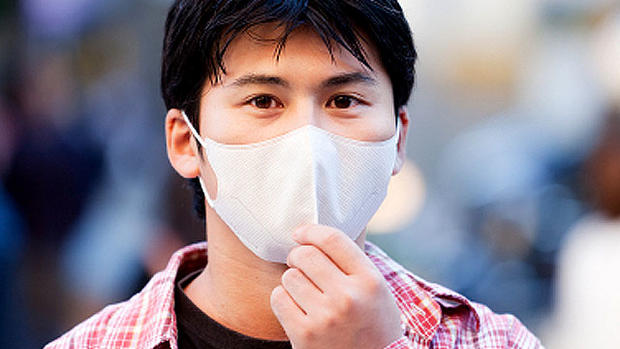Bird flu infects three in Cambodia, killing two
PHNOM PENH, CambodiaBird flu has infected three humans in Cambodia, killing two, health officials said Friday.
The cases that have occurred in the first three weeks of this year amount to as many cases the country reported throughout all of 2012.
The cases are among the first reported in 2013 for the virulent virus, known as H5N1, which the World Health Organization says has killed 360 other people worldwide since surfacing in 2003.
WHO and Cambodia's health ministry announced that a 15-year-old girl in a village in southeastern Takeo province and a 35-year-old man in central Kampong Speu province died after being hospitalized with bird flu. An 8-month-old boy in the capital, Phnom Penh, was treated and survived.
Cambodia reported three cases last year, all of them fatal. Since 2005, it has recorded 21 cases, 19 of them fatal.
The disease remains hard for people to catch, but experts fear it could mutate into a more deadly form that spreads easily from person to person. So far, most human cases have been linked to contact with infected poultry.
The announcement follows news Wednesday that international scientists who last year halted controversial research with the deadly bird flu virus said they were resuming their work as countries adopt new rules to ensure safety.
- Gov't wants bird flu research kept under wraps, away from terrorists
- Bird flu researchers continue controversial work on lab-made strain
- US: Don't publish details of lab-bred bird flu
An outcry had erupted when two labs - in the Netherlands and the U.S. - reported they had created easier-to-spread versions of bird flu. Amid fierce debate about the oversight of such research and whether it might get in the hands of terrorists, those scientists voluntarily halted further work last January.
Those scientists announced Wednesday they were ending their moratorium now that health authorities have had time to determine how they will oversee high-stakes research involving dangerous germs. Several countries have already issued new rules.
In letters published in the journals Science and Nature this week, scientists wrote that those who meet their country's requirements have a responsibility to resume studying how the bird flu might mutate to become a bigger threat.
"We fully acknowledge that this research -- as with any work on infectious agents -- is not without risks," wrote the researchers," wrote the researchers, who included Dr. Yoshihiro Kawaoka of the University of Wisconsin-Madison and Dr. Ron Fouchier of Erasmus University in the Netherlands. "However, because the risk exists in nature that an H5N1 virus capable of transmission in mammals may emerge, the benefits of this work outweigh the risks."
